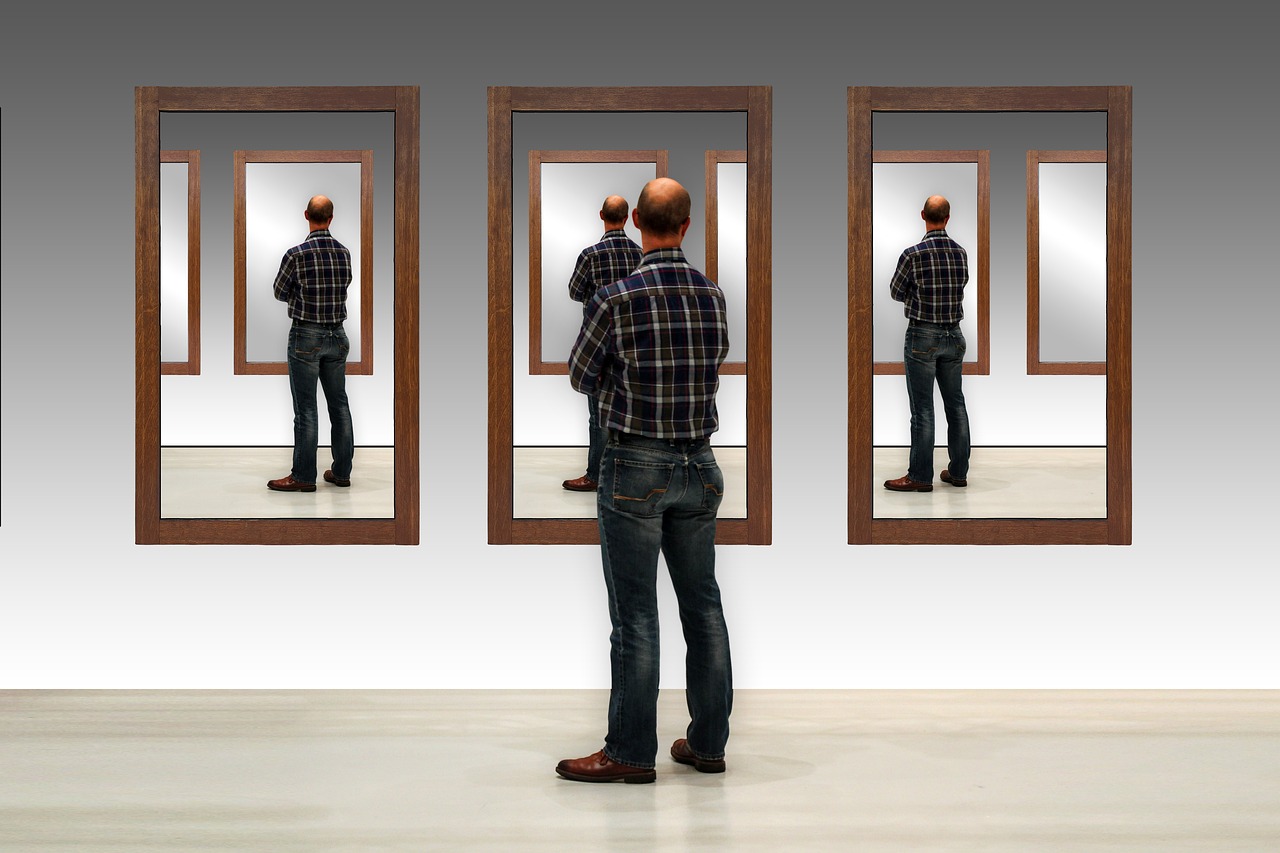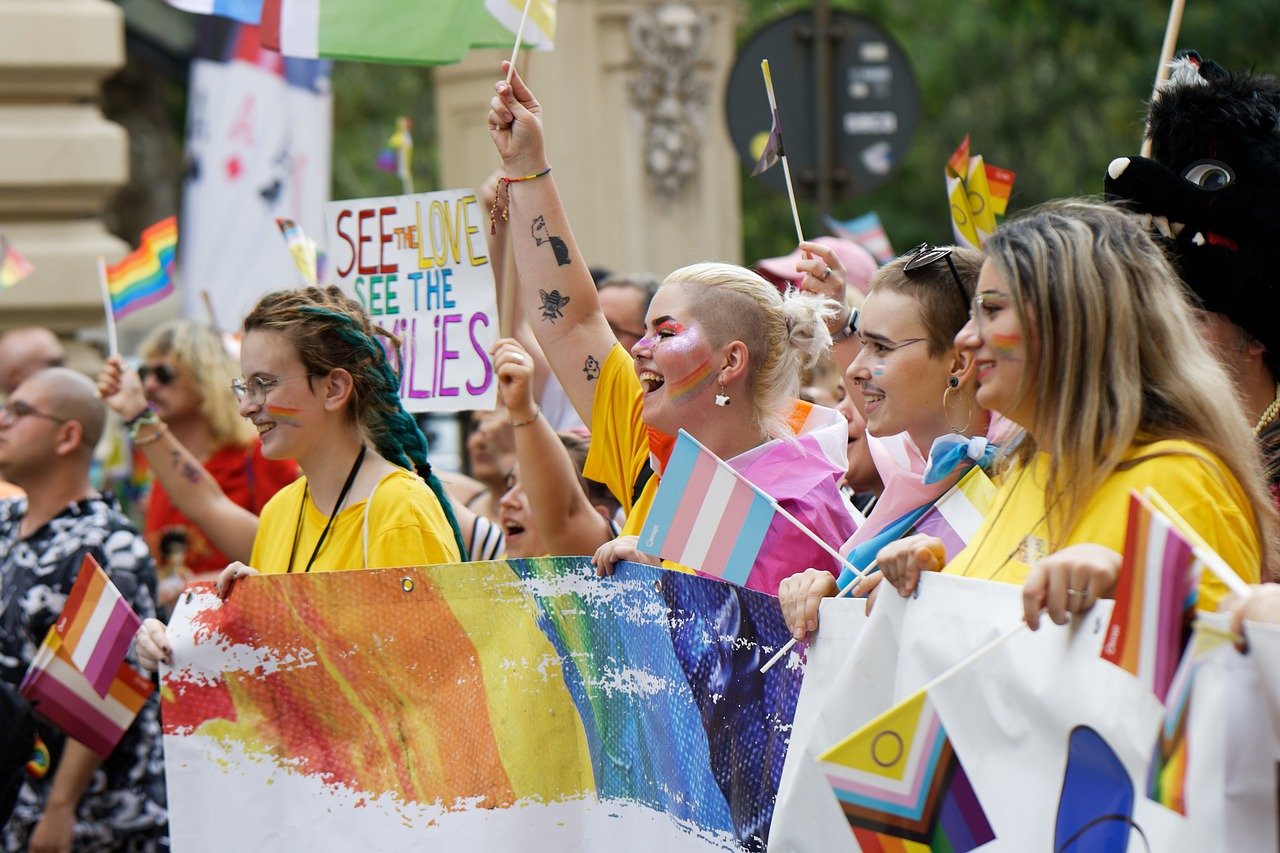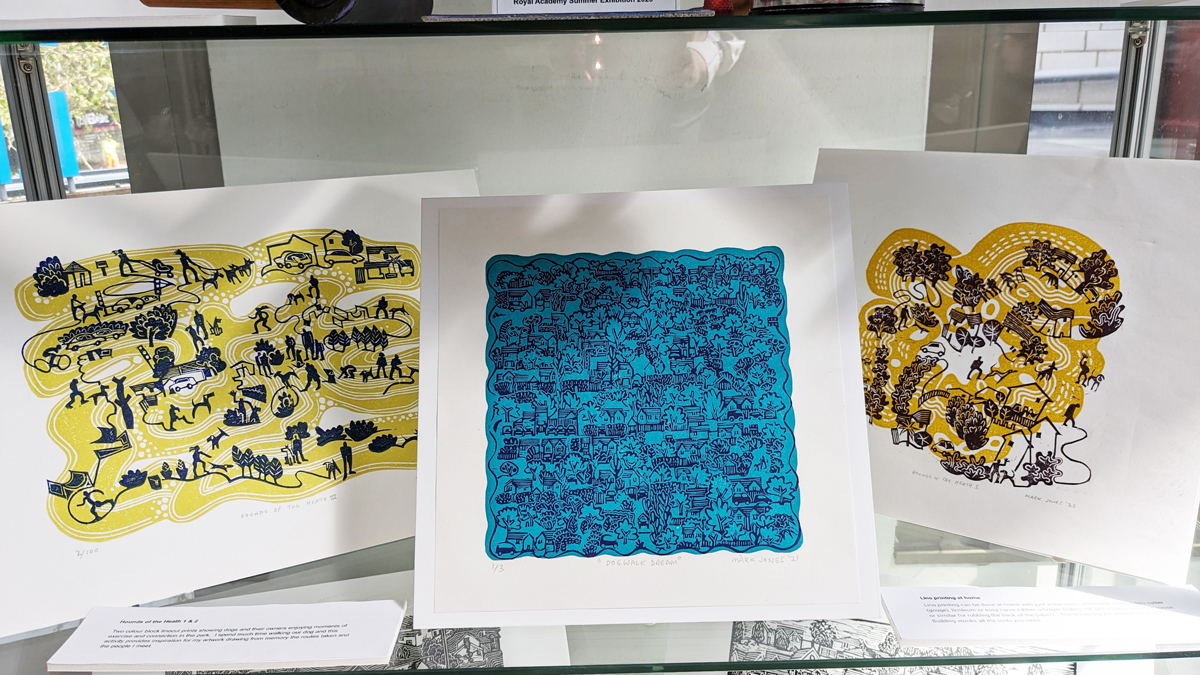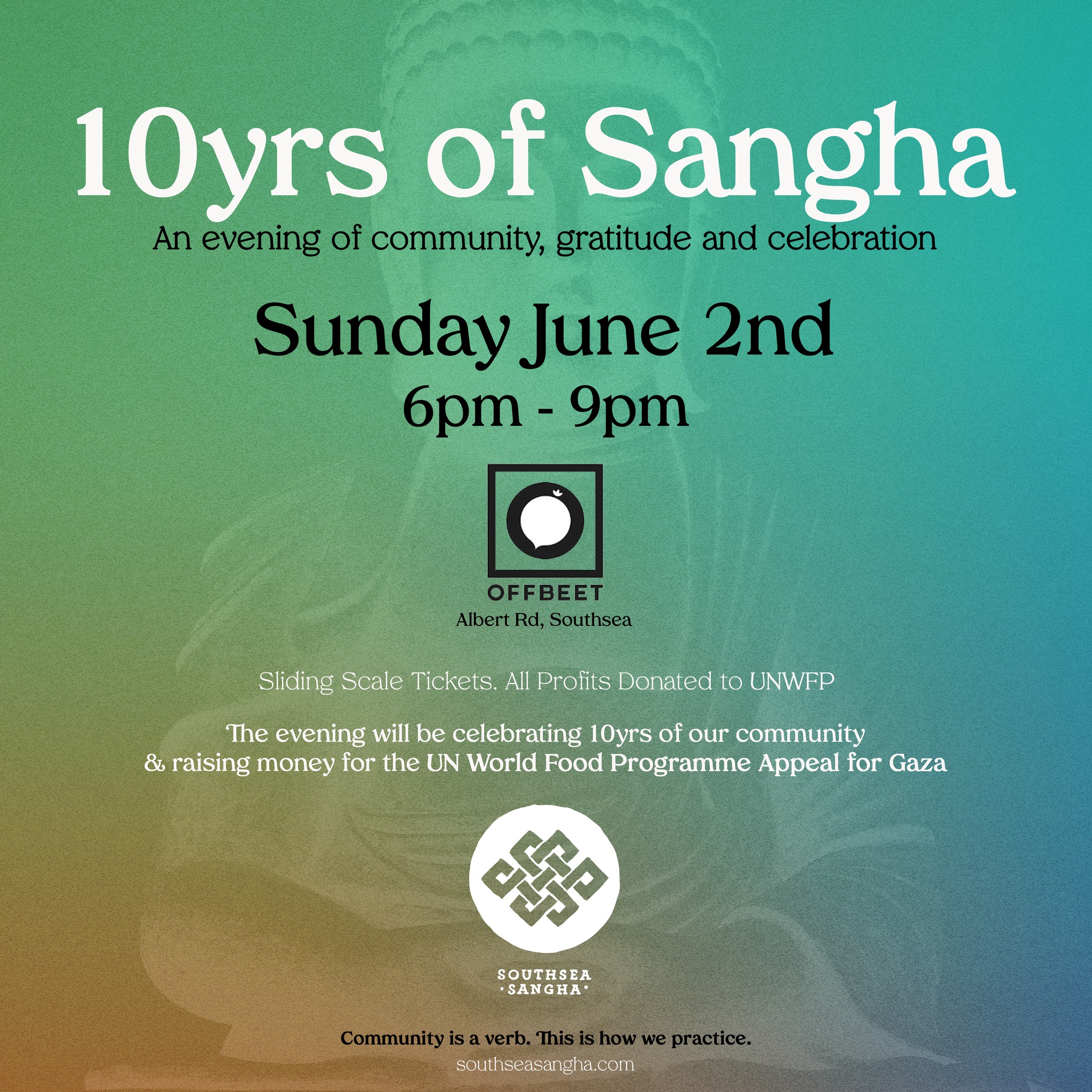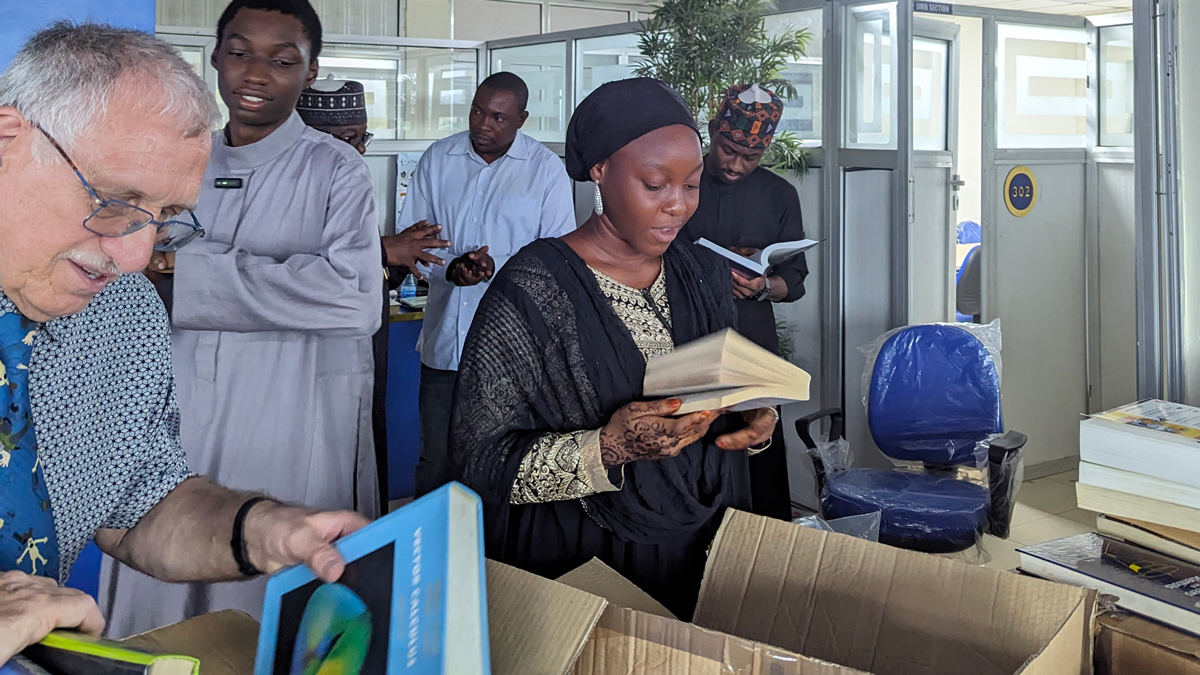Upgrading the Discovery Service
On Monday 24 June 2024, two major updates will be applied to all our EBSCO databases, including the Discovery Service. These databases will be running at risk all day, some services such as saving articles and searches and setting up search alerts may be affected by the changes and at some point the EBSCO Discovery Service interface used will change to a new, more intuitive design.



